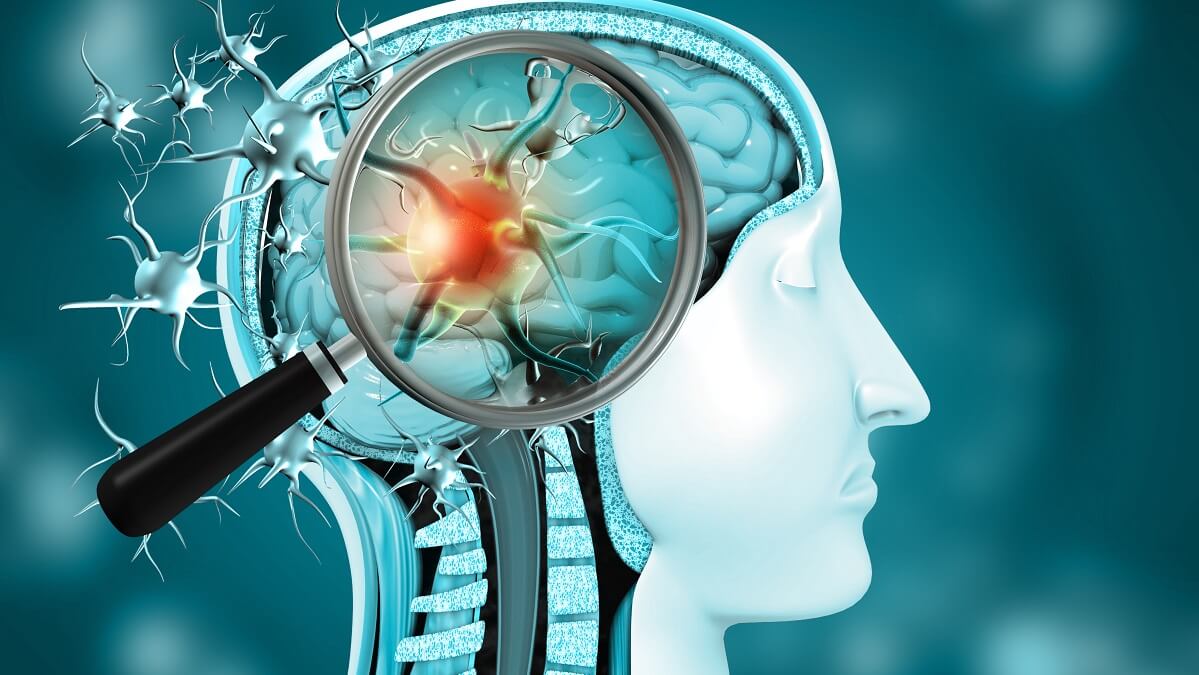COVID appears to set off an inflammatory response in the brain similar to that which occurs in Parkinson’s disease and Alzheimer’s, a new study claims.
A team of researchers from the University of Queensland (UQ), led by Professor Trent Woodruff and Associate Professor Daniel Watterson, make the claims in an article in Nature’s Molecular Psychiatry.
While this discovery flags yet another potential COVID risk, it is a health cloud that could come with a silver lining – a window to possible future treatments of the two well-known diseases.
Read: Fears COVID will accelerate Parkinson’s epidemic
The study identified a chemical known as ‘microglial NLRP3 inflammasome’, already regarded as a major driver of neurodegeneration when activated, as being susceptible to activation by the COVID virus.
An interaction between the virus and human microglia, which are cells in the central nervous system, directly induced “robust inflammasome activation”, the study found, indicating a link between the virus and brain disorders such as Parkinson’s and Alzheimer’s.
Prof. Woodruff explains the process in layman’s terms: “We studied the effect of the virus on the brain’s immune cells, microglia, which are the key cells involved in the progression of brain diseases like Parkinson’s and Alzheimer’s,” he said.
Read: Efficacy of COVID antiviral drug questioned in study
“Our team grew human microglia in the laboratory and infected the cells with SARS-CoV-2, the virus that causes COVID-19. We found the cells effectively became ‘angry’, activating the same pathway that Parkinson’s and Alzheimer’s proteins can activate in disease, the inflammasomes.”
Prof. Woodruff’s team also found that COVID could heighten the risk of those already predisposed to Parkinson’s. “If someone is already predisposed to Parkinson’s,” he said, “having COVID-19 could be like pouring more fuel on that ‘fire’ in the brain. The same would apply for a predisposition for Alzheimer’s and other dementias that have been linked to inflammasomes.”
While that discovery is alarming, the UQ study delivers some positive news. The researchers found that oral treatment of an NLRP3 inhibitor known as MCC950 doubled the survival rate.
Read: Eye scan can reveal early signs of Alzheimer’s
But this positive news comes with a caveat – the trials were done on mice, not humans. However, the researchers were confident treatments to combat these inflammatory processes in humans would be available in the next decade.
The UQ scientists are developing an inhibitory drug, currently in clinical trials with Parkinson’s patients, which they hope may also block the inflammatory pathway activated by the COVID-19 virus.
Such a treatment, the researchers hope, will do the opposite to pouring fuel on the ‘brain fire’, said Dr Eduardo Albornoz Balmaceda, another of the study’s authors. “We found [the inhibitory drug] successfully blocked the inflammatory pathway activated by COVID-19, essentially putting out the fire,” he said.
Of course, preventing the fire from starting in the first place remains a far more preferable option, so the usual COVID prevention advice remains very much valid.
Have you been unlucky enough to contract COVID? Are you concerned about its long-term effects? Why not share your experience and thoughts in the comments section below?

